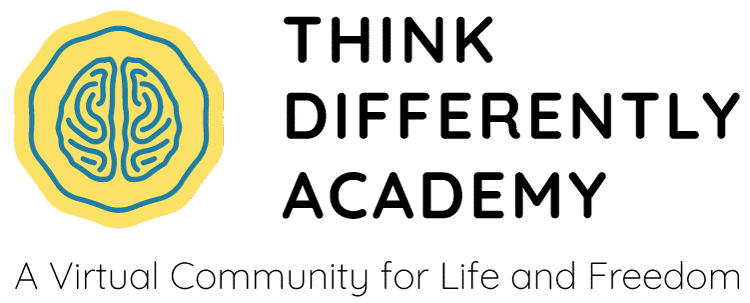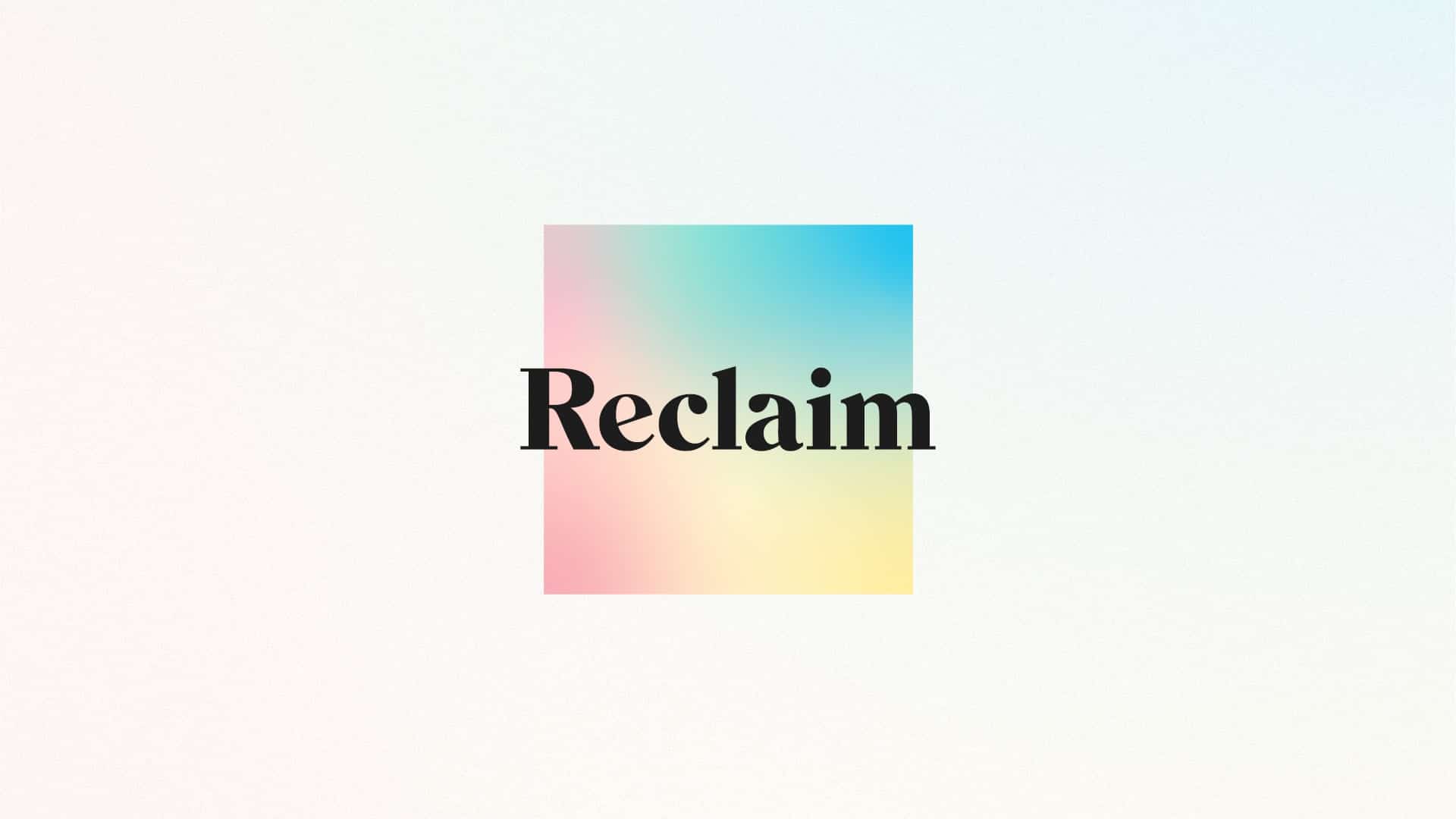“How are you doing?” he asked.
“I’ve had better days,” I replied, trying to be honest and socially acceptable at the same time.
“What’s going on?” he responded.
And here is the frustrating thing. He seemed to really want to know. Really.
Next thing I know I was emptying out my heart to this man. I didn’t intend to. But I felt so …invited.
Questions.
Really good, honest questions.
They are both the paintbrush and palette of Rabbis and therapists. And they are the building blocks of relational incarnation.
If we are going to begin to engage right conversations, healthy and helpful conversations, we must begin with questions.
Not the kind of questions that are accusations in disguise.
Not the kind of questions that we use to set up my “real agenda”.
Not the kind of questions that start with assumptions and are just trying to validate what I already think.
I mean real questions, the invitations to know and be known, based on the assumption that we do not know yet.
Never underestimate the power of good questions.
First, it is important to recognize the implication of such a question in the first place. A question is the verbal equivalent of the incarnation. It begins a conversation saying, “I am choosing to enter your world, rather than to plant my feet resolutely in my own.”
One thing I’ve learned from years of counseling, is that I do not know anyone until I know them. Until I sit down and ask the questions, all I have are observations and my own judgments. Yeah. Judgments. All the word means, is that we have opinions and images based on observation separate of relationship.
We all do it, and in fact it is impossible not to have judgments if we have not asked questions.
The meaning of a question is simply and powerfully this; I choose to start by allowing you to be the way that I know you, instead of any other source. Not my friends, not my fears, not the internet, YOU. Let me find out what it is like to be in your world, by asking you. Right conversations begin with questions because this expresses honor and openness to another’s way of being.
Second the questions say this; “I know that I cannot understand you separate of you, help me understand.”
Having declared that the person matters enough to ask, we also make clear that their perspective is valued and a necessary part of understanding their world, experience, and motives. We are telling them that we have set aside pre-conceived ideas until they help form our ideas.
When we start with answers and positions it is an invitation to debate. When we start with questions, it is an invitation to know and to be known. The first is less personal and therefore less frightening. The second, more difficult, but, it just seems to be more…eternal.
It’s much easier to declare God’s position about an issue than it is to engage people who struggle with that issue. Incarnation says that God Himself begins by entering our condition before any issues are addressed.
Help us all. Do not blog, preach, or proclaim about God’s opinion about things, unless you have first sat down with a person you are willing to love, who honestly wrestles with those things and asked them real questions.
Before we write or speak about homosexuality, let’s have honest conversations with people with same sex attractions.
Before we write or speak about behavior, let’s have honest conversations with people who deeply wrestle with compulsivity.
Before we write or speak about anyone’s life or lifestyle, let’s have an honest conversation with them to learn about their life.
Now, let’s be fair. Not all questions are created equal.
Attorneys (and Pharisees) ask questions in order to trap people. Questions can actually be accusations in disguise. Questions can be asked with the intent of proving a point. These kind of questions are not incarnational questions.
I have made this statement about the reality of the invisible world, let me make it now about the person or group you are about to speak or write to, or about.
Because we see all that we see, we assume we see all that there is to see.
In fact I would go further. When we talk about people, I would say, what if you don’t even see what you think you see?
We think we see anger, what if it’s really pain?
We think we see control, what if it’s really fear?
We think we see habits and behaviors, and choices, what if it’s really a stronghold?
Until we are willing to begin conversations with questions, real questions we will always start with judgments.
Real questions say that I assume there is more to you than meets the eye, and that matters enough to me to find out.
Before we begin with answers. Before we begin with barriers. Before we begin with positions and doctrines. What if we start with questions? Real questions.

